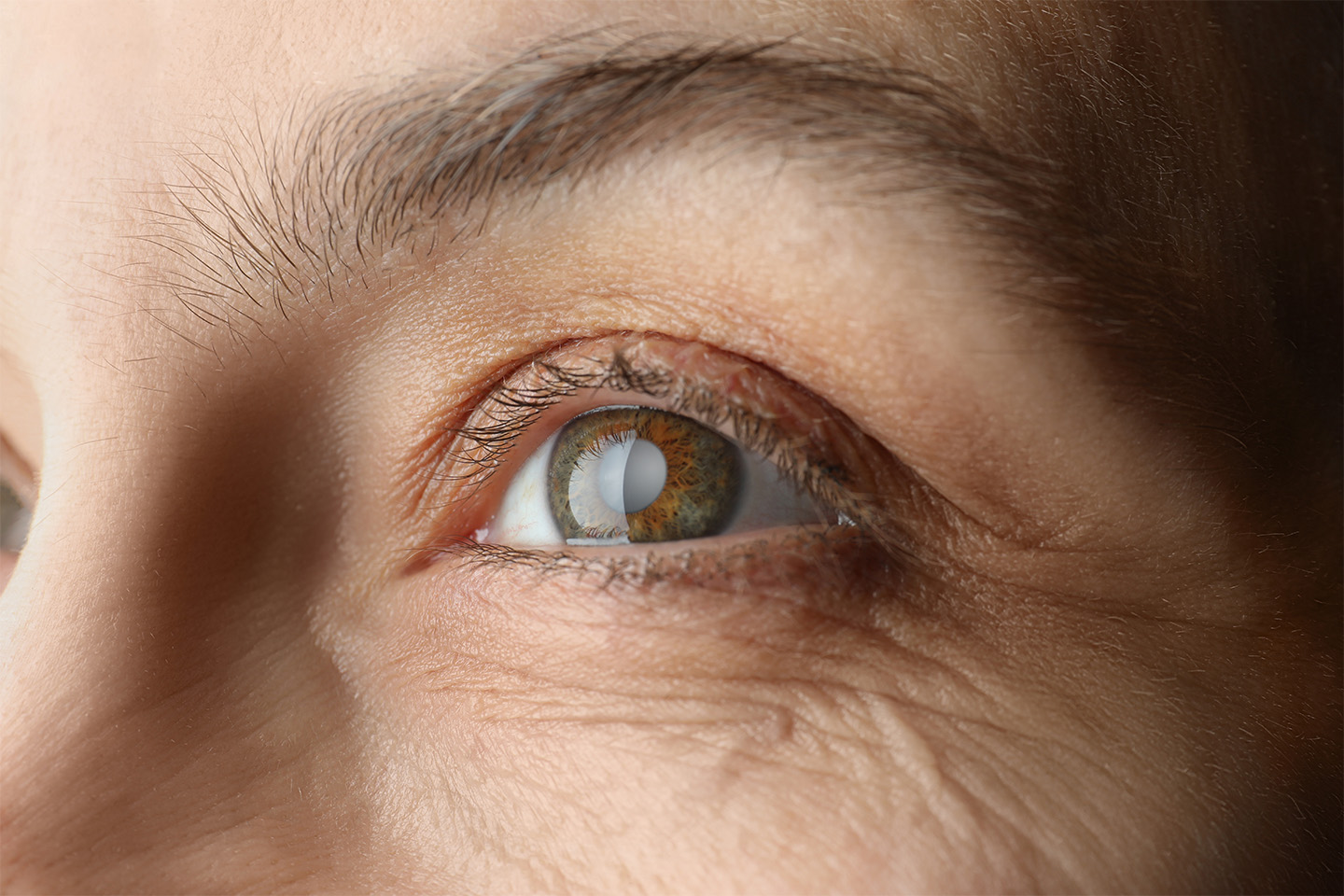8 Common Causes of Eye Twitching

Have you ever experienced an eye twitch? While it may feel a little out of the ordinary, there’s generally nothing to worry about, especially if it only lasts for a short period. However, in some instances, you may need to visit the eye doctors in greater Dallas to ensure that your twitching doesn’t stem from a deeper problem. Continue reading to learn the causes and treatment options for eye twitching.
What is an Eye Twitch?
An eye twitch is an involuntary, spontaneous muscle contraction or spasm in the eyelid. It usually occurs in the upper eyelid of one eye but can also happen in the lower lid and in both eyes.
Generally, eye twitches fall into three categories:
- Eyelid myokymia—This form is known as a minor eyelid twitch and is more acute than other forms. Certain lifestyle issues can be to blame.
- Blepharospasm — Blepharospasm stems from a neurological issue. It can feel more forceful than myokymia to the point where the eyes cannot open for hours. This condition is characterized by increased or nonstop blinking. As it worsens, you may experience light sensitivity, blurred vision, or even spasms in other parts of the face. Blepharospasm is extremely rare, affecting only 2,000 people per year.
- Hemifacial spasm— Caused by the irritation of the facial nerve, this eye twitch affects the muscles surrounding the eye. It typically only affects one eye and results in weakness after each spasm. It can happen for days to months, and the intensity remains the same.
Causes of Eye Twitching
Common lifestyle factors may contribute to eye twitching. By pinpointing what’s happening in your life at the point of spasm, you may be able to narrow down the cause to one of these issues:
1. Fatigue
Sleep is your body’s time to balance out its hormones and relieve stress. Your eyes also take this time to rest from visual stimuli throughout the day. Without adequate sleep, your eye muscles remain fatigued and may be more likely to contract or twitch. Experts recommend 7 to 8 hours of sleep each night for optimal health.
2. Stress
When you’re stressed, your body releases the hormone cortisol. This stress hormone stimulates your eye muscles, leading to twitching.
If you find that stress is causing your eye twitches, practice relaxing exercises like yoga, meditation, or journaling.
3. Eye Strain
Thanks to the necessity of technology, digital eye strain is becoming more common. This condition tires out the eye muscles and contributes to dry eye. You can avoid this effect by limiting your screen time, using blue light-blocking glasses, and taking screen breaks every 20 minutes.
4. Caffeine and Alcohol
Caffeine and alcohol can both have a stimulating effect on the eye muscles, much like cortisol. If you notice increased eye twitching after drinking either of these substances, try to cut back to just 3 cups of coffee a day and refrain from drinking alcohol until it subsides
5. Allergies
It’s common for allergies to impact your eyes with redness, itching, and swelling, but they may also be to blame for your eye twitching. Rubbing your eyes can cause histamines to seep into the tissues, causing these spasms.
Over-the-counter allergy medication may relieve these effects and make you more comfortable.
6. Dry Eyes
The irritation and soreness that accompanies dry eye syndrome make your eyes more likely to twitch. Lubricating eye drops can help alleviate this symptom as well as other discomfort caused by dry eye.
7. Nutritional Deficiencies
Certain nutritional deficiencies, like magnesium, may cause your eye muscles to contract intermittently. Your doctor may suggest taking daily supplements to stop your twitching and boost your overall wellness.
8. Injuries or Irritants
Eye twitching may also result from injuries, such as a scratched cornea, ingrown eyelashes, or an inflamed lid. Blepharitis is a common condition classified by chronic inflammation that causes discomfort and twitching. Addressing these injuries can help reduce your twitching.
Other medical conditions, including multiple sclerosis, Parkinson’s disease, and Bell’s Palsy, may also be responsible for facial spasms that cause eye twitching.
How to Treat Twitching Eyes
If you find the above lifestyle changes don’t help your eye twitching, it’s time to see your eye doctor. You should also schedule an appointment if:
- Your eye continues twitching for more than a week.
- It closes completely while twitching.
- Other facial muscles become affected or spasm at the same time.
- Redness, swelling, or discharge accompanies the twitching
- Your upper eyelid begins to droop.
In these cases, your eye doctor will offer treatment to address the root cause. Conditions like benign essential blepharospasm or hemifacial spasms may require Botox to weaken the problem eye muscles. This method only lasts for a few months before another injection is needed.
If your eye does not respond to these treatments and vision loss begins to occur, surgery becomes the last resort. This procedure requires removing specific muscles for a prolonged solution. Depending on your prescription, you may be a candidate for vision correction surgery, which provides a solution if your twitch stems from poor vision.
Are you experiencing eye twitching and out of answers? Visit the cataract and LASIK surgery experts at Kleiman Evangelista Eye Centers to find the right solution.
[DISPLAY_ULTIMATE_SOCIAL_ICONS]








